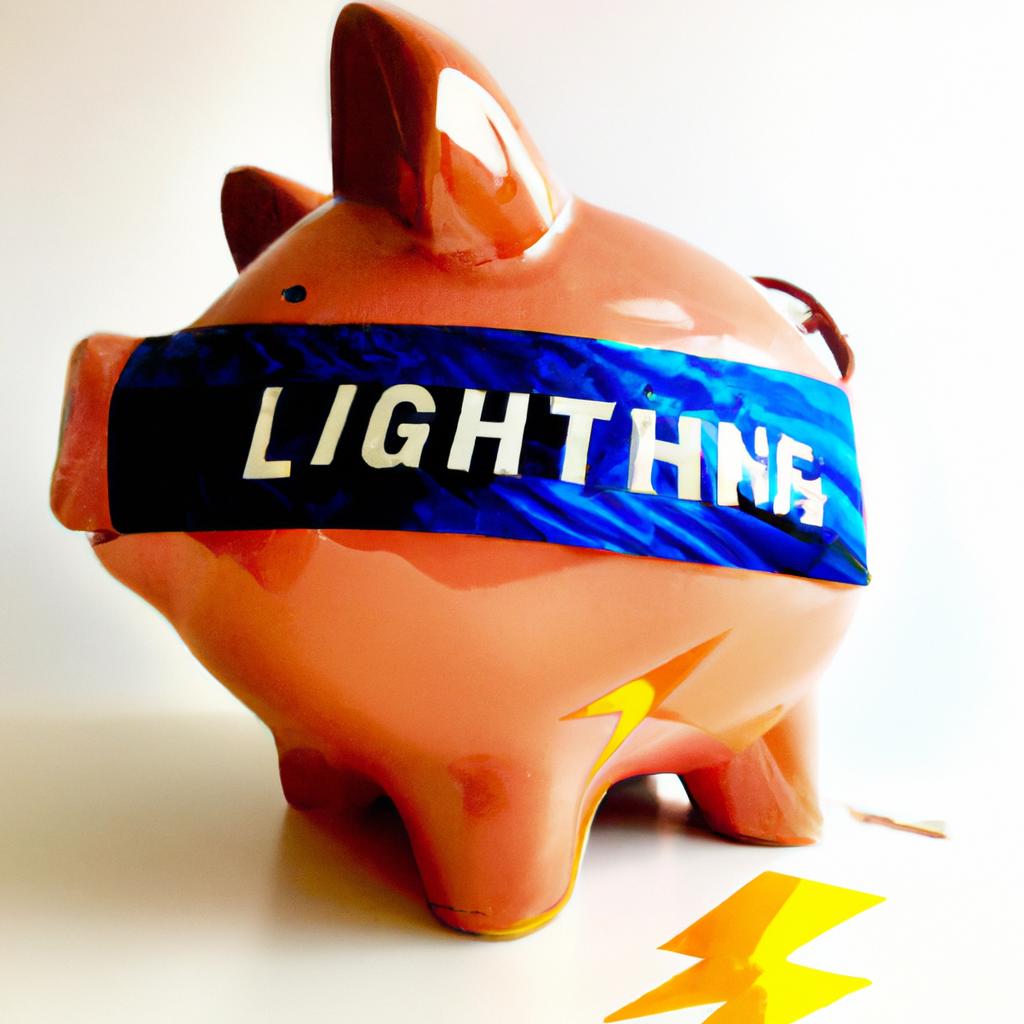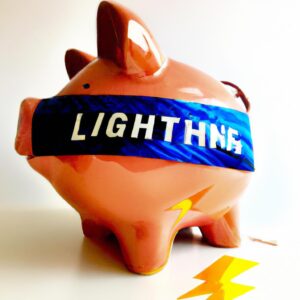Acknowledge your Financial Objectives
Before you can begin building a financial safety net, it is essential to understand why it is important to have an emergency fund. An emergency fund is there to cover any unexpected costs or major expenses that may occur and should not be used to finance desired items. It is important to set attainable goals in order to stay focused on accumulating your funds.
To get started, you must have a good idea of what you need for the short and long term financial goals you are setting. This will help you to plan effectively and keep your emergency fund from becoming depleted in other areas of your budget.
Calculate how much you need in your emergency fund
It’s important to have an understanding of how much money you would need to cover any major expenses or unexpected costs. To figure out the amount you would need in your emergency fund, take into consideration:
- Outstanding debts
- Monthly living expenses
- Medical bills
- Repairs and other miscellaneous expenses
The total amount should be enough to cover these costs, as well as any additional costs that may arise.
Find the Funds for Your Emergency Fund
Having an emergency fund is important because it provides security and peace of mind, knowing you are prepared in the case of an unexpected expense. To start accumulating your emergency fund, you will want to find a secure place to put your money.
Banks, credit unions, and other financial institutions are great places to start. You may be able to open up a savings account and benefit from additional features such as low-interest rates or bonus rewards. Alternatively, you can also explore online banking, investing options, and peer-to-peer lending to find a suitable solution for your emergency fund.
Create a Savings Plan
Now that you know where you can access the funds, the next step is to create a plan to save. Make sure to set a timeline for achieving your goal and commit to putting aside a certain percentage of your income each month. Allocating at least 10-20% of your income towards savings will help you reach your goal faster.
Moreover, it’s important to assess your budget and adjust your spending accordingly. Prioritize your expenses and regularly review your budget to make sure you’re staying on track.
Establish a Plan for Saving
Setting up a timeline for reaching your emergency fund goal is an important part of the savings process. You need to determine how much you’ll need to save each month in order to reach your goal. Start by listing out your current expenses and income sources.
Analyze what you can realistically afford to set aside on a monthly basis. It’s best to try and allocate at least 10-20% of your monthly income into savings. Designate this money as your emergency fund and commit to not using it for anything else.
You may decide to break your emergency fund goal down into smaller, more achievable targets. This will help you stay motivated to save, and keep your eye on the prize. Track your progress and review your budget regularly to make sure you’re staying on track.
Once you meet your goal, be sure to reward yourself for your hard work and dedication. Celebrating your accomplishments will help you stay motivated and inspired to continue working towards other financial goals.
Prioritizing Budgeting
When it comes to saving for your emergency fund, budgeting is key. Take the time to assess your income and expenses so you can figure out how best to allocate the funds you have available. It’s wise to set aside a percentage of your monthly salary to emergency savings. A good rule of thumb is to save 10 to 20%.
Utilizing Low-Risk Investments
One way to start building your emergency fund is by taking advantage of low-risk investments. These are investments that will not likely incur a great loss if the market fluctuates or if the value of the investment changes. Some examples of low-risk investments are treasury bills and bonds. Investing in these types of investments will enable you to earn a moderate return on your funds set aside for your emergency fund.
Exploring Tax Benefits
One of the key aspects of building an emergency fund is taking advantage of any potential tax benefits. Consulting with a certified financial planner can help you understand the various tax reductions that may be available when setting aside funds for your emergency fund.
Tax deductions are a great way to maximize the amount of money you can save, so it’s important to explore all options and speak to an expert who can provide guidance with regards to which tax planning techniques are best suited for your needs.
Doing so can also help you determine the most effective and efficient strategies for building your emergency fund, so be sure to utilize all available resources to make the most out of your savings.
Utilizing Company-Sponsored Plans
To help cover unanticipated expenses, it is important to explore options offered by your current employer. Retirement savings plans are an excellent way to save for the future and may also provide assistance with emergency costs, depending on your circumstances. It’s also worthwhile to check if your employer offers any other programs that could help you manage unexpected expenses. Discuss any available options and decide which program is best suited for your financial needs.
Think Outside the Box
Sometimes the best way to build an emergency fund is by considering alternative sources of income. Consider starting a side business or selling items online. This can be a great way to bring in extra income and put more money into your savings. You can even use apps and services to help you manage and track your sales.
It’s also worth talking to your employer about any retirement savings plans they may have that can help you with your emergency fund. There may be certain tax benefits available, so be sure to speak to a certified financial planner for further advice.
Ask Your Family and Friends for Help
Sometimes, we all need a bit of extra help. Seeking assistance from family and friends is an excellent way to reach your emergency fund goal. Whether it’s through loans, gifts, or donations, you can find support from those who care about your wellbeing. Be sure to devise an organized plan that outlines how and when you will be able to pay back any money you borrow. If you are gifted with money, consider repaying it out of your emergency fund whenever possible.
Talking about finances can be difficult, so make sure to still prioritize maintaining strong relationships with your loved ones. You should approach any financial conversations from a place of respect and understanding.
Stay Disciplined and On Track
When it comes to building an emergency fund, it is important to stay disciplined and keep track of your progress. You should regularly review your budget to make sure that you are setting aside a portion of your income for your emergency fund each month. Additionally, perform a yearly assessment of your current emergency fund to ensure that you are on track for reaching your goal.
By doing this, you will be able to monitor your progress and adjust your spending habits accordingly to ensure that you reach your goal. Furthermore, make sure to reward yourself for any achievements regarding your emergency fund goals and celebrate each milestone.
Reward Yourself
Having an emergency fund doesn’t mean that you have to stop enjoying life. Celebrate your progress and give yourself a reward for reaching milestones in achieving your financial goals. A night out with friends, a new outfit or some knickknacks can be a great way to reward yourself for hard work.
Once you have saved up enough to cover all your contingencies, you will have the peace of mind that comes with being prepared for anything life throws your way. Reward yourself for this achievement by taking a trip, splurging on a special item, or just taking a break and relaxing knowing that you are financially secure.
comments: 0

